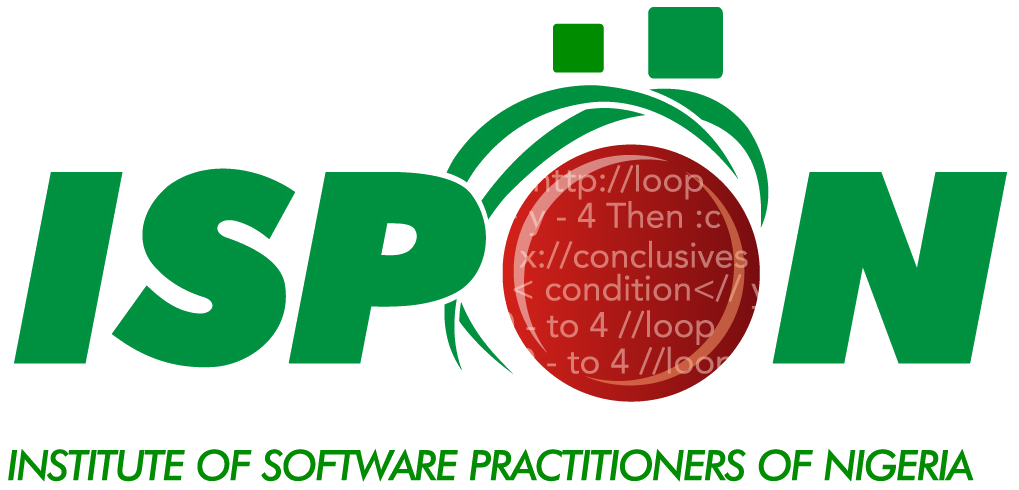The National Artificial Intelligence Policy And Strategy: A Contribution
NITDA’s announced AI policy and strategy initiative is a welcome development. Nigeria would join the cohort of countries including the US, China and other countries that have announced national AI policies. Beyond joining the cohort however, an opportunity exists , if properly managed, for Nigeria to derive sustainable value from creating and deploying AI technology in a lot of sectors.
This is my little contribution to the discussion.
This HBR article [https://hbr.org/2021/02/is-china-emerging-as-the-global-leader-in-ai] looking at national AI policies has provided a succinct guide to anyone trying their hand at AI policies. The most compelling part of the article identifies the three key areas that lead to AI leadership. These are data, computing resources and algorithms. Any national AI policy will have to address these areas.
The current iteration of AI technology relies on models that have been trained on labeled data. The training and modelling are produced via algorithms but the key is to have labeled data. We have to acquire data, lots of data and have them labeled. To give an example of the volume of data being used, Imagenet used for a lot of vision AI includes nearly a billion images. GPT-3 is trained on billions of data points. Chinese leadership in AI has grown from a large investment in the acquisition and labelling of huge amounts of data. The national AI policy must therefore aim to stimulate the large scale collection of data of all types from DNA data to pictures and dimensions of potholes amongst others. The data also needs to be available to researchers and developers. This requires a commitment to Opendata and opendata initiatives. There should be incentives and investments in the wholesale acquisition of data and possibly a committed institution focused solely on collecting data, labeling data and making it available for researchers.
Collecting data and labeling them and making them available dovetails into having the computing resources for the storage and distribution. Computing resources however are also needed for training on large data sets and for running AI algorithms. The computing power required to train large scale models increased by more than 300000 times between 2012 and 2019 according to research published by Open AI. Huge banks of CPUs and GPUs are needed. Nigeria does not have even one high performance computer that can make an entry in the Top500 super computers list. In fact, the whole of Africa doesn’t have an entry. If we are serious about AI then our researchers must have access to some serious computing power. A national supercomputer or high performance computer must be available and budget provided for its maintenance and upgrade every 18–24 months to keep in touch with technology.
AI is driven by algorithms created by interdisciplinary teams of researchers working with knowledge from computer science, statistics, mathematics, linguistics and many other disciplines. Significant AI advances are made from PhD level and post doctoral research endeavours. For instance Googles DeepMind only employs post doctoral researchers. Our AI policy must therefore have provision for creating the brainpower that will create , optimise and use the algorithms needed. This will have to include funded plans for creating centres of AI research as well as collaborative research across our tertiary institutions. Of course these researchers will have to be well paid and well taken care of if we are to retain talent that can easily migrate to any of the international centres of excellence. We will also have to be able to attract top notch researchers from elsewhere to join these centres. Collaboration with international organizations is absolutely essential.
The national policy should also deal with glamorization of the field to attract more students and other hackers. Nigeria has never presented a team to Robocup which has become a proving ground for many AI algorithms. It has to become core in the policy to sponsor Nigerian teams to participate in such competitions.
My assumption here is that the National AI Policy will be focusing on being able to create local AI technology that can solve local problems but also compete with international technology. If emphasis however is on using technology developed by Google and Microsoft then a simpler and more pedestrian approach can be applied.
-James Agada is the Managing Director of Ixzdore Laboratories Limited




Responses